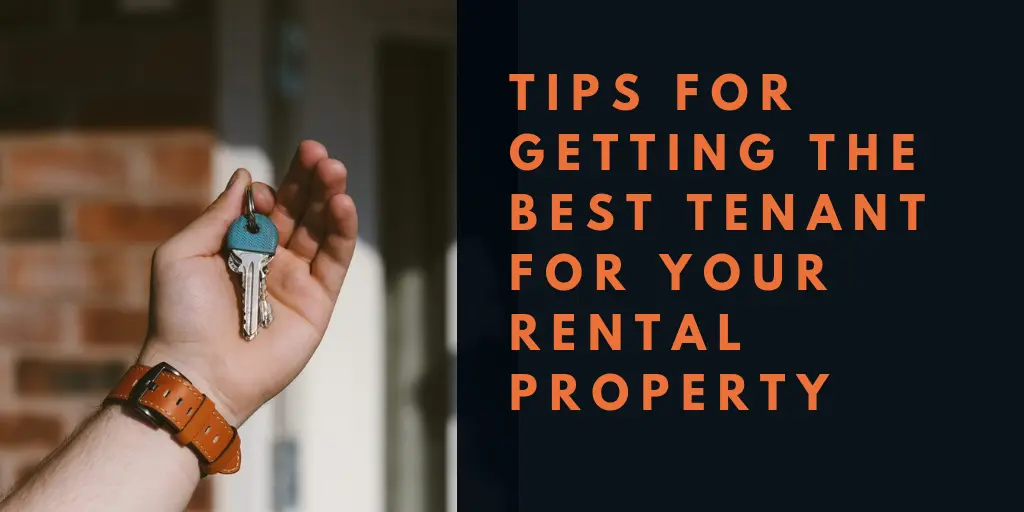How to Think Like an Investor
If you own rental property, it’s time you start thinking like an investor. These tips can help you transition from a first-time landlord to a successful real estate investor.
If you’re an accidental landlord, it might be hard to view yourself as a property investor. Accidental landlords are those who acquired a property but were not planning to, i.e. they likely inherited a family property. While owning rental real estate might not have been your plan, there are a few easy steps you can take to start thinking like an investor and consider growing your real estate portfolio.
Property Turnover
The property turnover is the stage where you prepare your home for new tenants. It can be a challenge to manage this effectively if you’re new to owning rental property. One of the best things you can do is set aside money for each turnover. Turnovers can cost a couple thousand dollars, so being prepared for this will help you start out on the right foot.
When preparing your home for the market for the first time, keep in mind how you would expect a home to look and function if you were moving in. A lot of homes have unique quirks (to get the oven to turn off, just kick it once and press off!) but these are usually off-putting to tenants and can make it difficult to get your home rented. Anything that is not easily usable or accessible should be replaced or fixed.
Listen to the Market
Be flexible on your asking price and listen to what the market is saying. If you’ve priced your unit at $2,000 a month but it’s been over a week and you have no applications, the market is telling you that you’re overpriced (whether it be for your neighborhood or what your home offers). Decreasing the asking price down to $1,900 or $1,800 will save you big time in vacancy costs.
Tenant Selection
The leasing phase is perhaps the most important phase of renting a property. Placing tenants that need to be evicted or that destroy the house are a landlord’s worst nightmare. Take the time to find the right tenants for your property or consider hiring a property management company. Be sure that you are complying with all Fair Housing laws and that you are running proper background checks (credit, landlord references, etc.).
Be Prepared for Maintenance Costs
A big problem that we’ve run into at Good Life is owners not being prepared for maintenance issues. Even though that water heater or dishwasher was working when you lived there, things happen and they might need to be replaced during or in between tenancies. Set aside 5-10% of the monthly rent for these future repairs and vacancy costs. This ensures you are prepared in the event of a maintenance issue or hefty turnover.
Hire a Property Manager
Once landlords begin transitioning into the investor mindset, it’s common for them to consider hiring a property manager. Hiring a management company allows you to free up your time while also having confidence that your home will be taken care of. They are especially helpful if you have a multifamily unit or multiple properties.
Tax Implications
Tax implications differ for rental properties and primary residences. Even if you are familiar with taxation, it is highly recommended that you consult your CPA to ensure that you are following proper filing procedure and utilizing all rental property tax write-offs.
Struggling to find good tenants for your property? Check out our blog below.
If you found this article helpful, follow us on social media. We post daily tips to help you manage your own rental property:
Further Reading
Olivia
Subscribe to our blog
Share this:
Get in touch with us:
We make owning rental property easy.
Choose Your Next Step
Good Life Blogs
We believe that education is empowering.

75 Great Military and Veteran Deals in San Diego | 2024
Check out our list for San Diego military discounts! San Diego is home to over 115,000 service members. In this article, we share 75 deals and discounts in San Diego, California for active duty and military veterans.

Rental Property Repairs: Landlord vs. Tenant Responsibilities
When it comes to rental property repairs, the responsibility burden between landlord and tenant can quickly lead to a finger-pointing battle. In this blog post, we cover everything you need to know about landlord vs. tenant responsibilities for your rental. With proper understanding, repairs and maintenance issues can be addressed quickly and efficiently.

Market Update: San Diego Holds Firm in National Home Price Rankings
In November, the San Diego metropolitan area witnessed an annual home price increase of 8 percent, as reported by the S&P Case-Shiller Indices.






